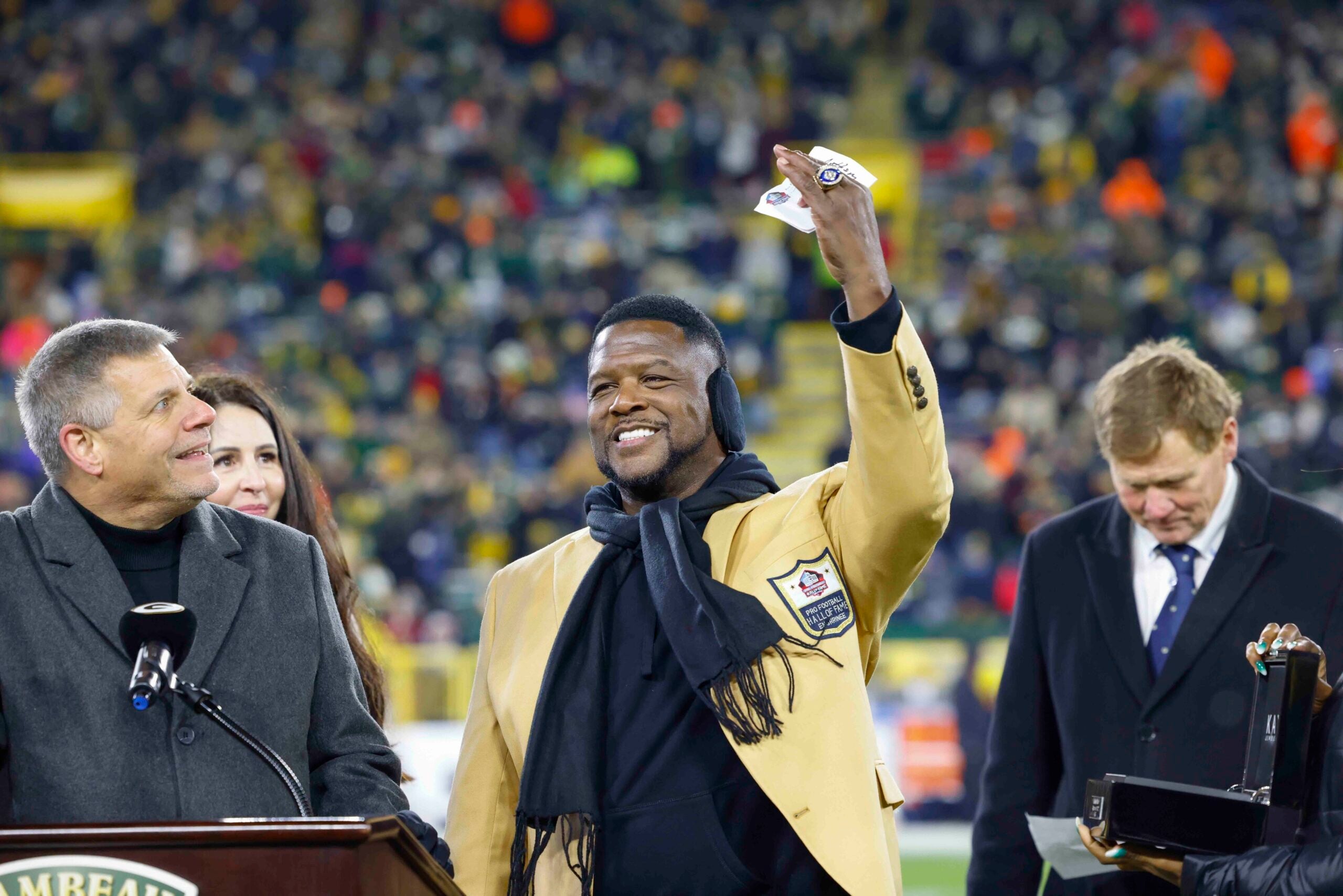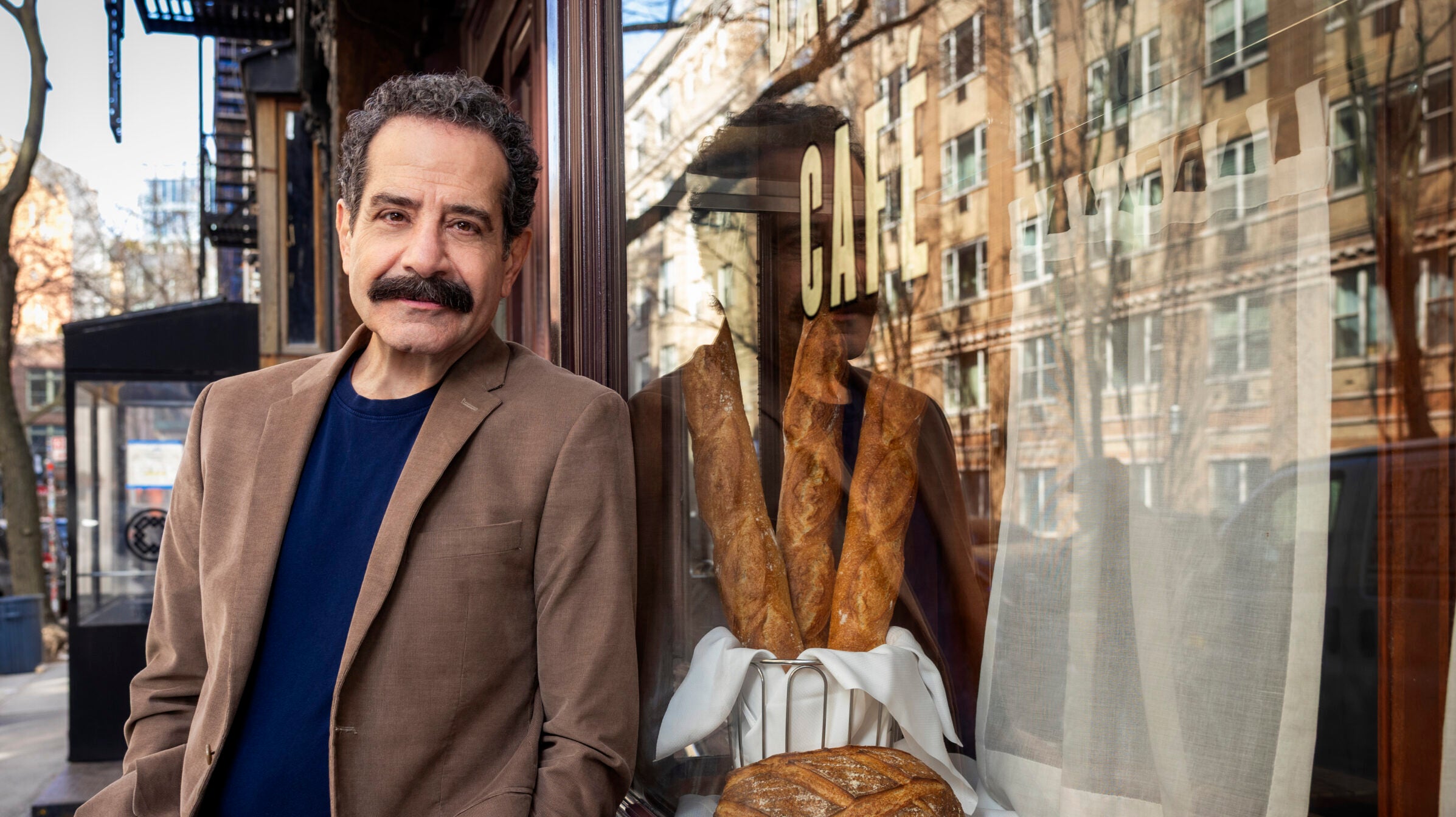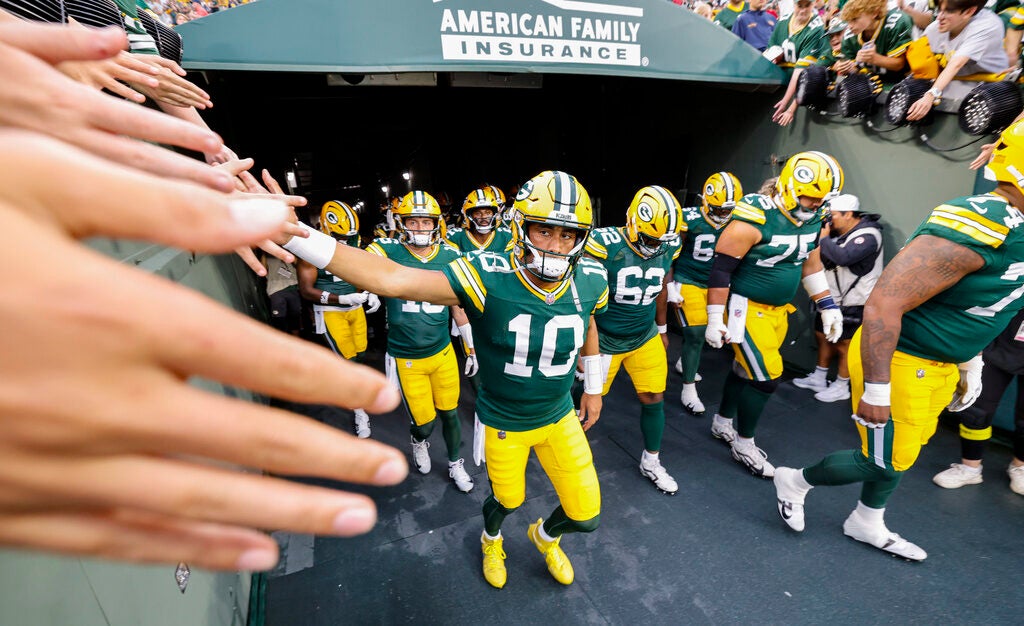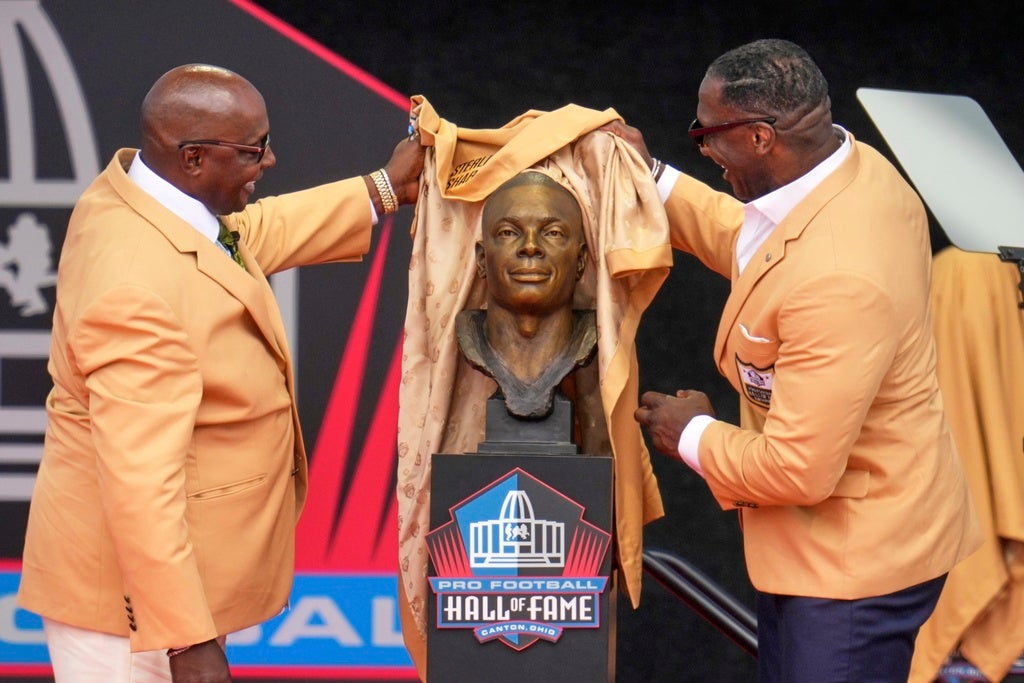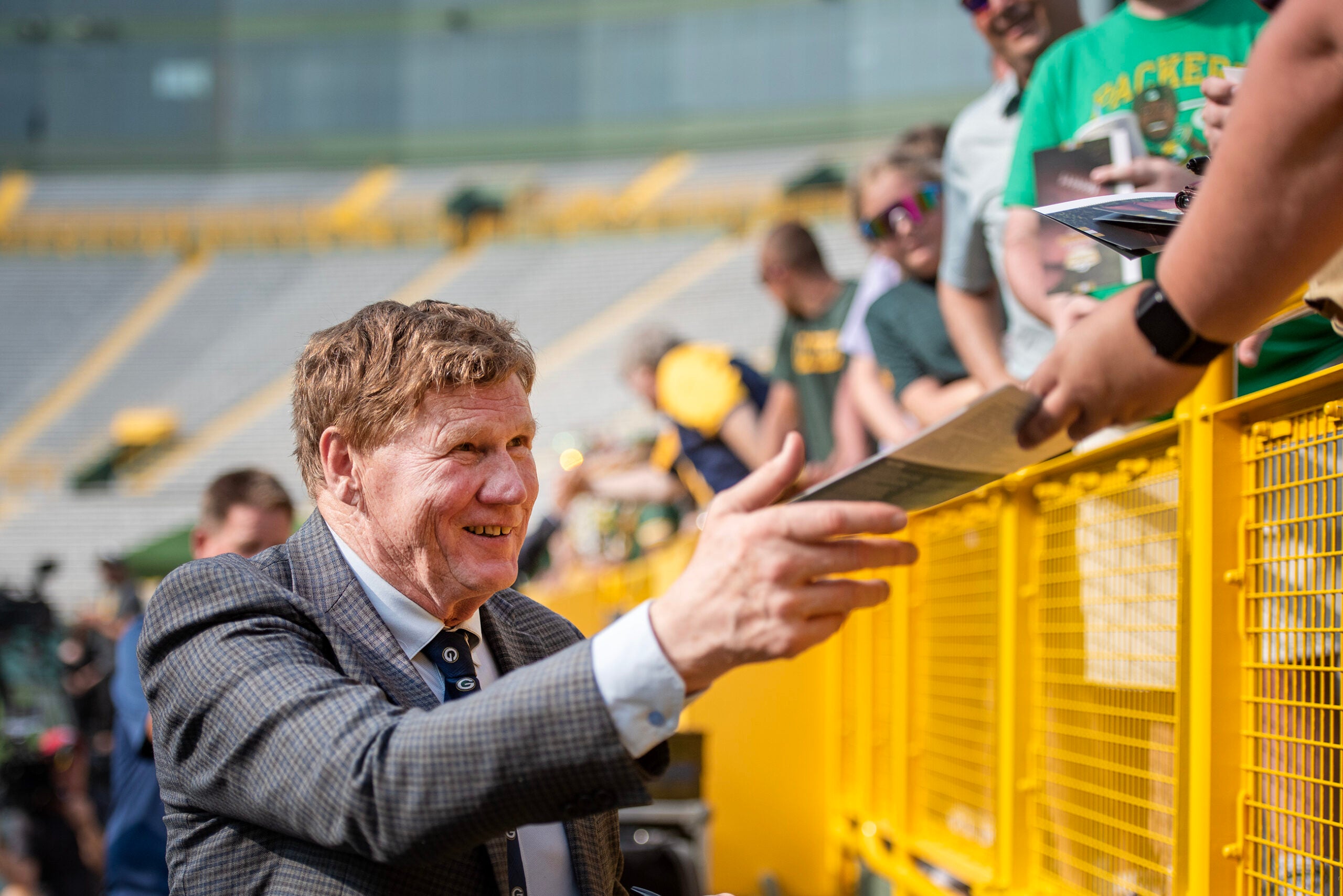As a child in Florida, Green Bay Packers legend LeRoy Butler missed out on sleepovers, trips to the mall and days at the skating rink. Classmates never invited him to those classic childhood activities, he said.
Butler grew up in poverty and around crime. He spent years in a wheelchair and leg braces, with some doctors doubting he would ever walk normally. He would sit on his porch across from the community swimming pool watching kids walk by with towels and floaties. The leg braces kept Butler from joining others at the pool. That meant some kids picked on him, he said.
He was a shy child, which he said might come as a surprise to those who know him as the gregarious former Super Bowl champion who always has a smile on his face. That smile has always been with him, even as he clung to his mother’s leg in church, avoiding interactions with other kids.
News with a little more humanity
WPR’s “Wisconsin Today” newsletter keeps you connected to the state you love without feeling overwhelmed. No paywall. No agenda. No corporate filter.
Still, fellow churchgoers would ask Butler’s mom, Eunice, why her son was so happy.
“And she said, ‘Because he knows how his life is going to end,’” Butler recalled Wednesday on WPR’s “The Morning Show.” “It’s OK. It’s OK because my feet were so pigeon-toed, turning in toward each other, I needed that (treatment). I needed that kind of help, so one day I (could) get into the swimming pool. And eventually I did.”
Butler shared his messages of hope and positivity in the face of bullying and adversity in response to questions from Lombardi Middle School eighth graders. Some students asked what Butler’s life was like as an NFL player, while several others asked him how he dealt with negativity, stress and obstacles.
Butler’s story about the pool across the street came after a question from Sophia, who wondered how his experience with leg braces affected his confidence. The questions were recorded earlier this month when a WPR producer visited the school in Green Bay. The program is part of a continuing effort by “The Morning Show” to elevate young voices across the state. The show staff previously visited other schools to record students’ questions about social media, renewable energy, elections and other topics.
Butler spent 12 years playing in the NFL, all with the Packers. He won the Super Bowl with the green and gold in 1997, and he joined the Pro Football Hall of Fame in 2022. He also started a “Butler vs. Bullying” campaign over the last few years.
Here is some of what Butler shared with students and listeners.
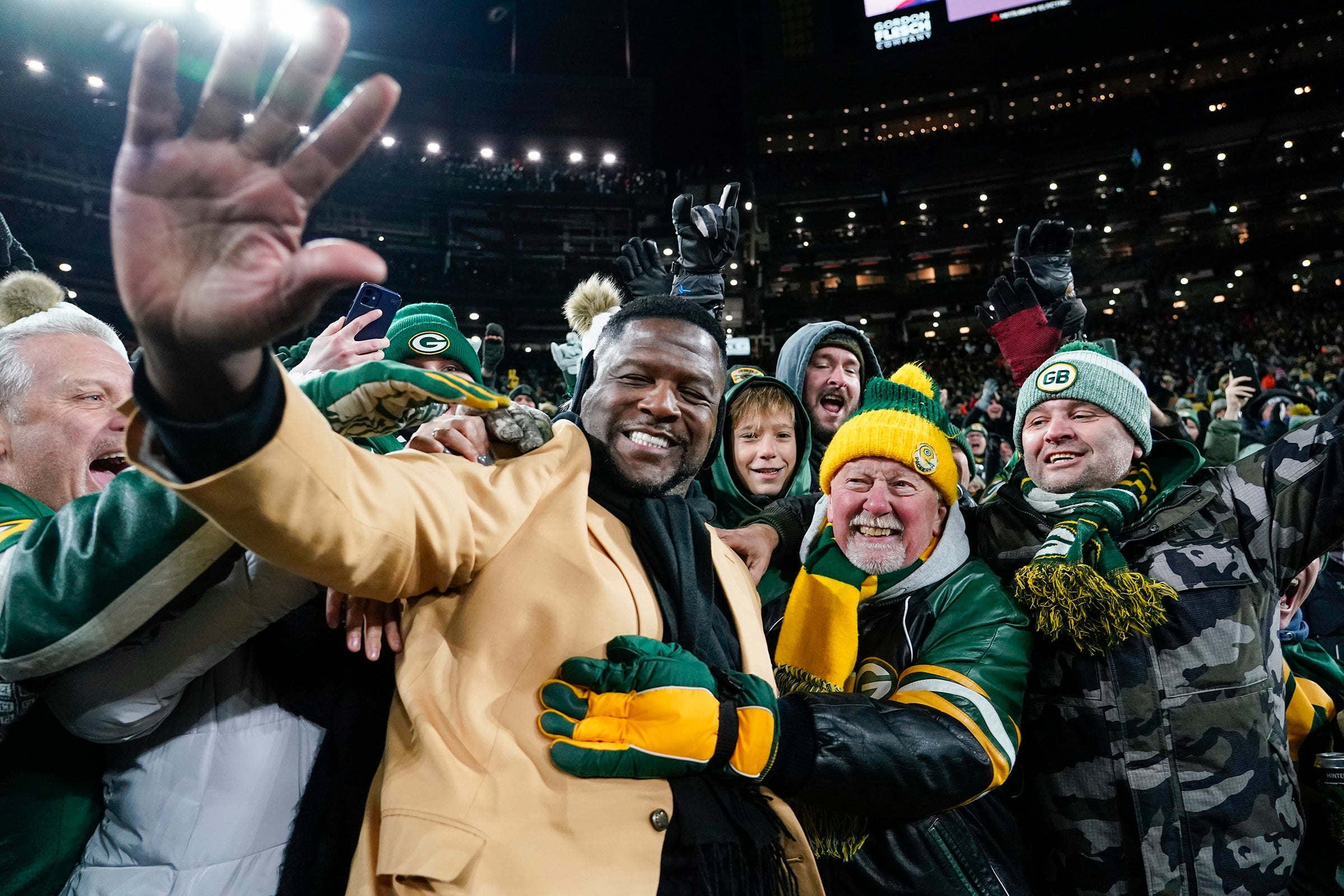
Jazlynn: What advice would you give to kids today who believe they can’t be anything?
Butler grew up in a world without social media. In a space where teenagers can become victims of online bullying and harassment, Butler said his advice boiled down to: “If something is not true, delete it.”
Butler remembered how when he was a kid, students who paid for their lunches had no idea how he felt getting free lunches. Today, he urges kids to tune out negativity. Bullies who see that their comments are affecting someone will keep bullying.
“Just delete it,” he said.
Lily: Are you the creator of the “Lambeau Leap”?
Yes, that is one of Butler’s claims to fame. In a 1993 game, Butler returned a fumble for a defensive touchdown against the then-Los Angeles Raiders. He remembers the field felt like it was a sheet of ice that day as the crowd roared.
After reaching the end zone, Butler threw the ball down, pointed to the crowd and jumped into the stands.
“It has been the best celebration ever since because it’s not just me. You need the fans in the picture with me,” he said. “That’s why I’m so proud of it.”
The celebration has slightly evolved over the years, with fellow Packers Donald Driver, Jordy Nelson and Ahman Green all doing versions of the Lambeau Leap where they sit on the wall next to fans after a touchdown.
Luna: How do you handle your struggles and stress?
Butler said he has been seeing a therapist weekly for at least 25 years. It keeps him levelheaded, he said.
He also recommends reaching out to someone positive. Family was often an inspiration.
He would get home from a game and, win or loss, his kids still jumped all over him.
“They don’t care that you lost to the (Minnesota) Vikings,” he said. “That’s what really helps me.”
Robert: Who is your all-time favorite Packers player?
Butler’s favorite player was Gilbert Brown, a nose tackle known as “The Gravedigger.”
Brown had a locker next to Butler for about nine years, and Brown introduced Butler into the Pro Football Hall of Fame alongside Butler’s wife, Genesis.
Butler also gave a shoutout to Edgar Bennett, who was Butler’s teammate in high school, college and the NFL.

Greyson: Who was the hardest player to tackle or guard?
The day before the Packers take on the Detroit Lions on Thanksgiving, Butler chose another hall-of-fame player for his answer: Lions running back Barry Sanders.
“He was by far the most difficult person to play against because he was elusive,” Butler said.
Giovani: What was the hardest part of leaving the NFL and retiring?
Butler said he misses seeing his teammates every day. They would play cards and have fun. They would talk about family and life.
After retiring, players often move away. Now, he might see some of his former teammates once a year, or a few times a month if they’re close.
“But it was every day that I cherished seeing my teammates,” he said.
Karmyn: What is one quote you follow to try to spread positivity?
Now working on a documentary about his life, Butler heard someone say something about him that stands out.
“LeRoy, when you meet him, it’s like his mother is standing right behind him,” Butler recalled hearing.
In front of someone’s own mother, Butler said people stand up straight. Once the parent leaves, that person might get more relaxed. They might behave in a different way.
“I try to be respectful to everyone and, for the most part, brighten somebody’s day,” he said. “That really gives me joy.”
Wisconsin Public Radio, © Copyright 2025, Board of Regents of the University of Wisconsin System and Wisconsin Educational Communications Board.

